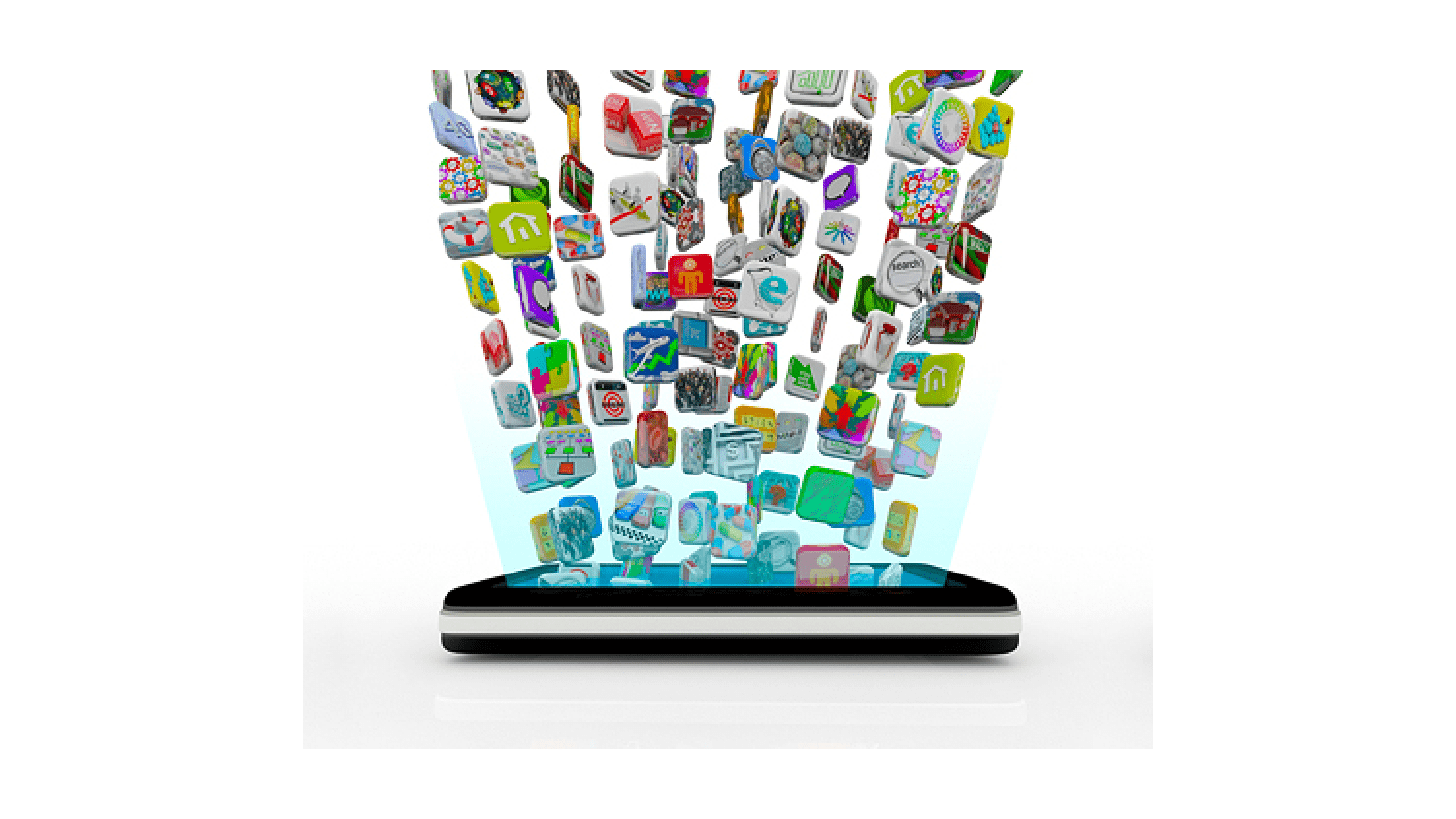If You Build It, They Will Come. But On What Platform…?
You’ve decided to build an app. Now what?
Today we’re going to discuss the pros and cons of releasing an app on specific platforms, versus releasing an app on multiple platforms. Have we lost you already? STAY WITH US, GLAD WORKS friends! This is awesome stuff.
First of all, what the heck is a platform? If you haven’t been living under a rock for the past 5 years, you are probably aware of Apple iOS and Google Android. These are two major mobile platforms, and are pretty well known by consumers. Bringing up the rear is Windows 8 and Blackberry, which may currently boast lower user rates, but depending on your demographic, they may be important markets to tap! Blackberry users who are reading this are nodding furiously right now. Careful not to hurt your necks, guys. We get you.
The obvious and most important factor when deciding which platforms to build and release your app on is price. Believe it or not, every platform has different application requirements. Building for one is much faster, and cheaper than building a code base for all of them. For some startups and entrepreneurs, it makes sense to release a brand new app on one platform, and see how it’s received with the public. For established companies, this approach usually alienates a significant amount of users. Imagine if Bank of America released ONLY an iPhone app. Uproar! Unrest! Nerd rage! But alas, not every organization has the purchasing power of millions in overdraft fees. Yeah. We went there.
So lets say you can afford to launch your vision to the world on only one platform. Decision one: complete. But which platform should you build for? What are the differences? The obvious metric for deciding on a platform is usage. The biggest market will have the biggest return on investment. Right? …right?
If we’re going to go with overall popularity, the numbers point to Google’s Android operating system, which in 2012 boasted a 61% market share amongst smart phones worldwide (according to IDC, which is a market research firm for those of you that don’t follow the industry as well as the ongoing antics of the Kardashians.)
But who are these 61%ers? Surely your app isn’t so far reaching that it is literally for everyone. The field of market research shuns such a radical idea! A few clicks into Google reveal that 73% of Android users are male. Not to limit the potential of the male mystique, but if you were say, a cosmetic manufacturer, suddenly Android doesn’t seem so strategic.
Popularity isn't everything. Sometimes practicality has to win out, which is why we prefer to develop apps for iPhone first.
Normally, Android apps come out only after the iPhone app has been a success. There are many reasons for this that we aren't going to get into too much today, but in general, it's because iPhone users tend to spend more money on apps, they tend to be early adoptors of new applications, and perhaps the biggest reason is because Android apps take more time and money to develop.
You don't want to waste time and money, do you?
Heck no!
So, lets say you’ve made an educated decision and decided to develop an app for iPhone. Done and done! It feels like we’re forgetting something though, doesn’t it? Oh, right. How is your app making money?
And here’s where we leave you with a cliffhanger!
HA! Dun dun daaaaaa…
How is your app gonna make you money?
Come back next week and we’ll tell you!

 An agency-eye view of Marketing, Advertising, Branding, Design & Media.
An agency-eye view of Marketing, Advertising, Branding, Design & Media.